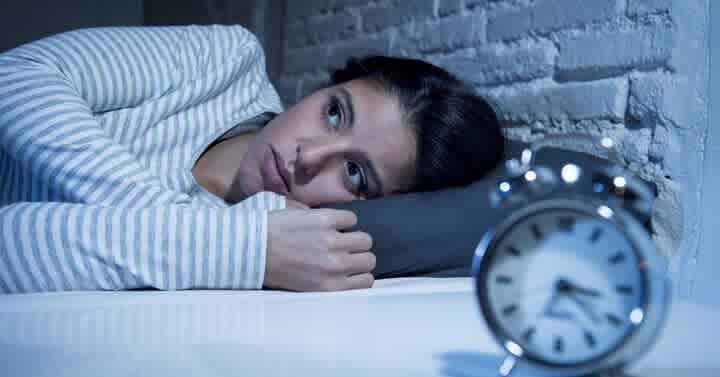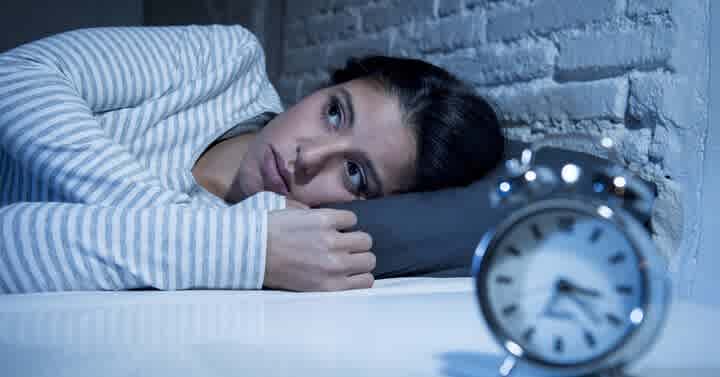
9 Tips To Beat Insomnia & Get A Sound Sleep

By Urban Company
4 min read
Mar 05, 2017
Insomnia – the inability to sleep – strikes most of us at some point in our lives. The causes for it range from medical and psychological conditions to unhealthy dietary ...


Insomnia – the inability to sleep – strikes most of us at some point in our lives. The causes for it range from medical and psychological conditions to unhealthy dietary habits and lifestyles. Sleep deprivation can turn perfectly civil human beings into raging monsters and it can also wreak havoc on your Central Nervous System, your Immune System and your Cardiovascular System.
Here are 9 tips to help you beat Insomnia:
1) Diet

Avoid stimulating food and substances such as coffee, nicotine or anything with sugar. Another big no-no is a heavy meal right before bed-time; it takes a lot for your body to digest a big dinner and can cause various issues such as acid reflux, which make sleep an extremely difficult proposition. Foods rich in complex carbohydrates (for example, sweet potatoes) and typtophan (tuna, chicken) help produce seratonin, which helps your body relax. Avoid consuming liquids too close to bed time, lest you find yourself waking up to go to the bathroom in the middle of the night.
2) Light

Different people react differently to light. In general, your body produces a sleep hormone called Melatonin in direct proportion to the amount of darkness around you. Little slivers of light such as those emanating from your cellphone or your laptop can prevent your brain from fully shutting down. It is advisable to avoid all devices with bright screens within a couple of hours of bed time. Blue light that emanates from computers, phones and TVs, is particularly disruptive to sleep. It’s also important to make sure the room you sleep in is fairly dark.
3) Exercise

Vigorous exercise can have an incredible number of health benefits, including helping you sleep better. Having a regular exercise routine will help you feel less sleepy during the day and will increase the amount of ‘restful sleep’ that you’re able to attain. Yoga can often be an extremely relaxing and stimulating form of exercise. It can take a few weeks or even months before the benefits of exercise show up, so it’s important to be patient. Ensure that your exercise routine is not too close to bed time though. A good trainer can chalk out a routine that meets your body’s needs.
4) Distractions

While it’s true that some people do habitually sleep in the process of reading the same book for several nights in a row, a very interesting book, news article, movie or television programme can often be less-than-ideal right before bed time. This is because they delay the “shutting off” process of the brain by keeping it engaged for a long period of time.
5) Stress

We all face stress at different points in our day-to-day lives and this often takes a heavy toll on our sleeping patterns. Simple habits such as not bringing your work home and not answering work-related calls or emails after 8 PM can help. For deeper issues, it may be wise to seek out stress management or counselling sessions. A lot of us are accustomed to checking our emails, Facebook and WhatsApp messages throughout the course of the day. Regulating the times when we check these helps prepare our brain to let go of them when it’s time to sleep. Meditation, including the guided kind, and Spas are some other very useful stress-relieving activities. Try ‘
Spa service from Urban Company‘ service for a relaxing and rejuvenating experience.
6) Schedule
Try to maintain a regular schedule when it comes to sleeping. In other words, as far as possible, go to sleep and wake up at the same times each day. Your body has a natural cycle of sleeping and waking up, also known as the Circadian Cycle. Sleeping and waking up at the same times helps set up your body’s internal clock. Mid-day naps are disruptive to this schedule, as is waking up late on weekends and holidays.
7) Sleep Environment

Things like room temperature, ventilation, humidity levels and a comfortable bed can dramatically affect the quality of sleep. 18 Degrees Celsius is said to be the ideal temperature for sleep. A clean bed is vital to good sleep. Dust mites, bed bugs and even hair and fur from pets can be a major hindrance to sleeping well. Your bed should have enough room for you to stretch and the mattress and pillows must be soft and comfortable.
8) Clocks

Most insomniacs know what it is like to glance at their clock several times during a sleepless night and worry about the day ahead. This is always counter-productive because it leads to heightened anxiety, one of the main reasons for bad sleep. Putting away the bedside clock is a simple way of precluding this occurrence. Once your sleep patterns become regular, you’ll find you don’t need an alarm clock to wake up on time in the morning.
9) Medical Help

If all else fails, consult a doctor on how to improve the quality of your sleep. A doctor may detect underlying health causes for your insomnia, such as Asthma or Acid Reflux. Avoid sleeping pills as far as possible because they are habit-forming and have damaging side effects. There are various Ayurvedic alternatives to pills that you could try instead.
With the above tips, which necessitate a few changes to your lifestyle and diet, you can attain that elusive primal requirement called sleep and thereby, be more productive in your work and personal life. Sleep tight!



